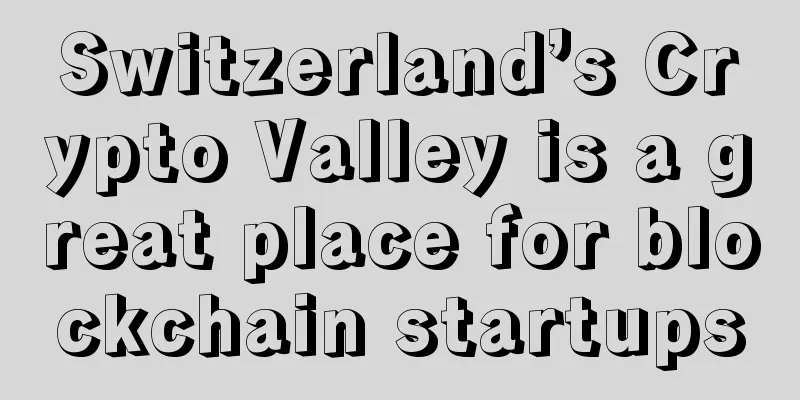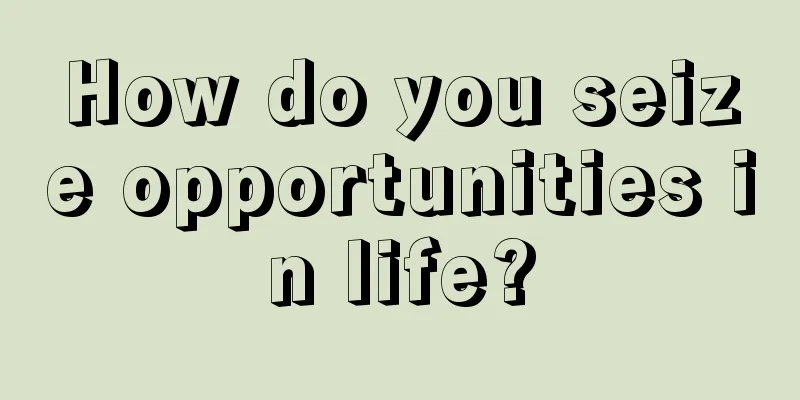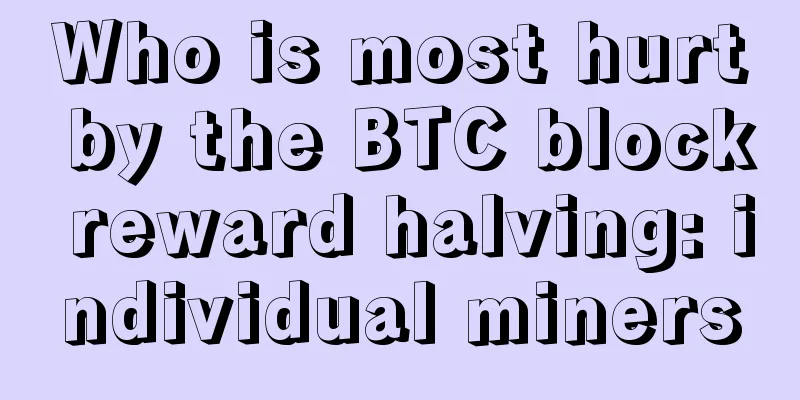Switzerland’s Crypto Valley is a great place for blockchain startups

|
Rage Review : Switzerland's 30-kilometer stretch from Zurich to Zug is known as the "Crypto Valley". It has advanced laws, competitive employment rates and a low tax environment that are very conducive to the development of blockchain startups using decentralized blockchain technology. Other countries such as the United States, China and Russia have adopted strict or uncertain regulatory attitudes towards digital currencies. Swiss railway service SBB also announced last week that it will soon accept Bitcoin as a payment method. Translation: Nicole Compared to California’s famous Silicon Valley, a small Swiss province is like a magnet for blockchain startups. The 30-kilometer stretch of land stretching from Zurich to the canton of Zug, known as the “Crypto Valley,” has a unique combination of progressive laws, competitive employment rates and a low tax environment that attracts entrepreneurs looking for a place to gain traction in an uncertain international legal climate. While governments in the United States, China and Russia have all taken strict or uncertain approaches to digital currencies, Swiss banks have largely taken a hands-off approach to digital currencies, with Crypto Valley at the center of the movement as part of a long-running effort to make the bank more valuable (if controversial). The convergence of blockchain projects and startups, which now includes the Ethereum Foundation, Shapeshift and Xapo, is seen as one of the most promising, if not the most ideal, efforts and finds local governments, national authorities and startups looking to boost the technology struggling to gain a foothold. One such organization is the Greater Zurich Area, a public-private partnership that has helped traditional technology companies like Google and Uber set up shop in Zurich. Executive director of investments Lukas Sieber explained that he believes Switzerland will become a global hub for blockchain disruptors. Lukas Sieber Sieber told CoinDesk:
With clear government support and legal innovation, Sieber sees a stark contrast between Crypto Valley and foreign jurisdictions. name But even the movement toward decentralization has to start somewhere. In fact, the idea for Crypto Valley dates back to January 2014, when Johann Gevers, founder and CEO of blockchain trading platform Monetas, first began laying the groundwork for creating a global hub for blockchain companies. During a meeting with representatives of the Ethereum project, Monetas and Zug’s economic promotion office, Ethereum co-founder Mihai Alisie came up with the name “Crypto Valley.” By April of that year, Gevers had announced the initiative at the Toronto Bitcoin Expo. Johann Gevers In an investor document provided to CoinDesk, Gever explained:
The reasons Gevers listed for the region’s appeal included “stable predictability, a neutral political system”; a culture of financial privacy; access to talent; low taxes; public and private sector support for entrepreneurs; and the World Economic Forum ranking Switzerland as the most competitive country in the world. In October 2013, Gever founded the Swiss Bitcoin Association, followed by the Digital Finance Compliance Association in May. Now, other startups and projects are watching closely. At last count, 18 companies were listed in the Crypto Valley startup portfolio, along with two meetups totaling more than 2,000 members. Adaptation and startup To some, this momentum may be a side effect of Switzerland's progressive governance structure. According to Sieber, the fundamental advantage offered by the Swiss political system is that every citizen has the right to change the law. This distributed form of governance, known as direct democracy, could give the 26 regions (or states) and even smaller cities greater control over their own laws, which could boost blockchain’s momentum. In June, two members of the Swiss Federal Parliament put forward three blockchain-related proposals aimed at making it easier for the financial sector to foresee the impact of blockchain technology; “solidifying” Switzerland’s position as a blockchain leader; and making it easier for blockchain startups to hold customer funds without being classified as banks. The media believes that this move, to a large extent, indicates that Switzerland is also constantly improving in blockchain, and it is also called a victory for blockchain startups around the world. Then, three months later, suddenly all three offers were rejected. While it is unclear why the proposal was rejected, a delegate to the Swiss Federal Assembly confirmed: “The National Assembly did not approve it – the matter is closed. Bitcoin experiment in Zug But thanks to Switzerland’s federal structure, the bitcoin experiment first unveiled earlier this year in the Belgian canton of Zingel will continue to gain traction. Announced in May, the program lets citizens pay for government services worth up to CHF 200 with Bitcoin. As of October 27, the government-backed Bitcoin payment scheme has been used in 39 transactions. Martin Würmli, head of Zug’s local government, told CoinDesk that only nine of those transactions came from “customers,” while the rest were likely from journalists testing the service. But Würmli also said the regional government was "satisfied" with the results and would carry out a full evaluation in December. Martin Würmli He concluded:
Other local service providers have also seen the value of Bitcoin, with Swiss railway service SBB announcing last week that it would soon accept Bitcoin payments. A new model But perhaps no project symbolizes the future of Zug as much as SingularDTC, a decentralized media company that is beginning to build a Netflix-like live video service using the Ethereum blockchain. Citing Crypto Valley’s “large pool of talent” and its crypto-friendly government policies, CFO Arie Levy-Cohen told CoinDesk that his team began working with Greater Zurich Area’s Lukas Sieber earlier this year to open an office in the region. But rather than simply setting up store, DTV is launching an alternative business model that allows it to issue units of blockchain-based code to users (sometimes called an “initial coin offering” because of its similarities to a public offering) in an attempt to incentivize early adopters. The concept, called Central Organizing Distributed Entity (CODE), was developed in conjunction with the Ethereum Foundation, Zug-based law firm MME and Ethereum startup hub ConshereSys and would shield token holders and issuers from liability while also being the basis for infrastructure for future startups. Luka Müller-Studer Luka Müller-Studer said his team has 12 CODE models ready to use and register, which are intended to serve as a regulatory and tax bridge between the traditional business world and the decentralized structure formed by Ethereum, the MME partnership and members of the Zug Cantonal Bar Association. Müller-Studer said:
Zach LeBeau, co-founder and CEO of SingularDTV, told CoinDesk he believes the next great tech boom will see “trillions of dollars” move onto blockchains, and CODE will help make that happen. LeBeau concluded:
|
<<: Was the Bitcoin White Paper Released on Halloween?
Recommend
Is it good to have a mole next to the nose? Love luck is good.
For a person, if there are some moles, while lame...
The face of a man who can bring happiness to a woman
The face of a man who can bring happiness to a wo...
Hashrate Index: A look at the Swedish Bitcoin mining industry
Thanks to its idle hydroelectric resources, Swede...
ViaBTC Pool: How did veteran miners operate on the eve of Bitcoin's plunge?
Novice miner: "What should I do if I predict...
The little finger analyzes your fortune
The little finger analyzes your fortune The littl...
A picture of a woman with a mole on her nose
The tip of the nose is also called the nose tip o...
What are the hardships in life for women?
What are the hardships in life for women? To achi...
Is it easy for a woman with a mole on her belly button to make a lot of money and have a successful career?
Moles are something we all know about, and everyo...
Detailed description of the fate of women with Shuangchuan palm lines
Detailed description of the fate of women with Sh...
YFI founder announced that Yearn will merge with Sushiswap, and the price of SUSHI exceeded $1.7
According to BlockBeats, on December 1, YFI found...
A man with a mole in the middle of his chest
There are many types of moles, such as beauty mol...
Coinnet Exploration Video: 14nm Miner to be Released at the End of December
According to a report from BW.COM on October 19, ...
Bodhisattva's palm is like a "川" character? Is this kind of palmistry good?
The "川" palm is one of the many palm pri...
Is the fortune of a person with a false palm line good? Specific palmistry analysis
In palmistry, people with a broken palm are smart,...
What is Longmei's fate?
1. What is Dragon Eyebrow? Some people call it dr...









